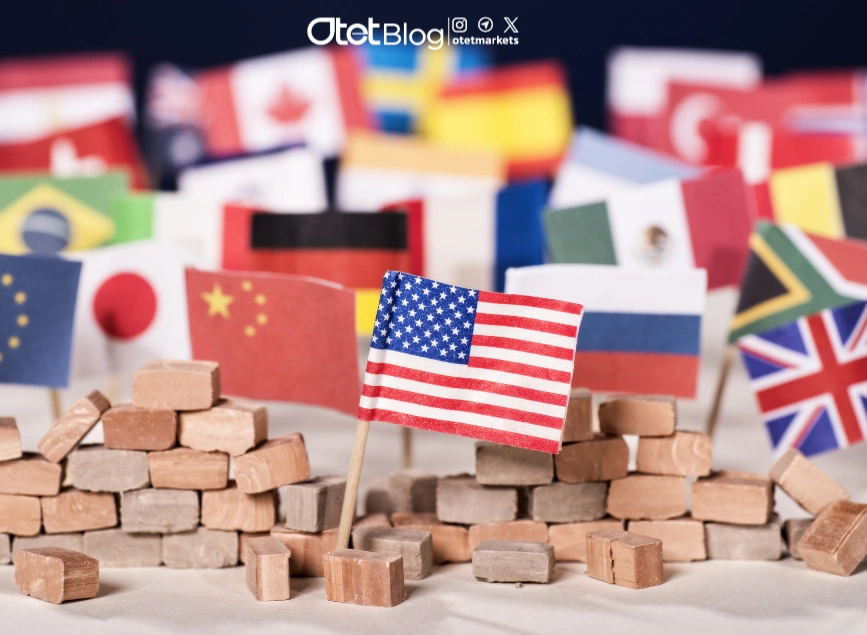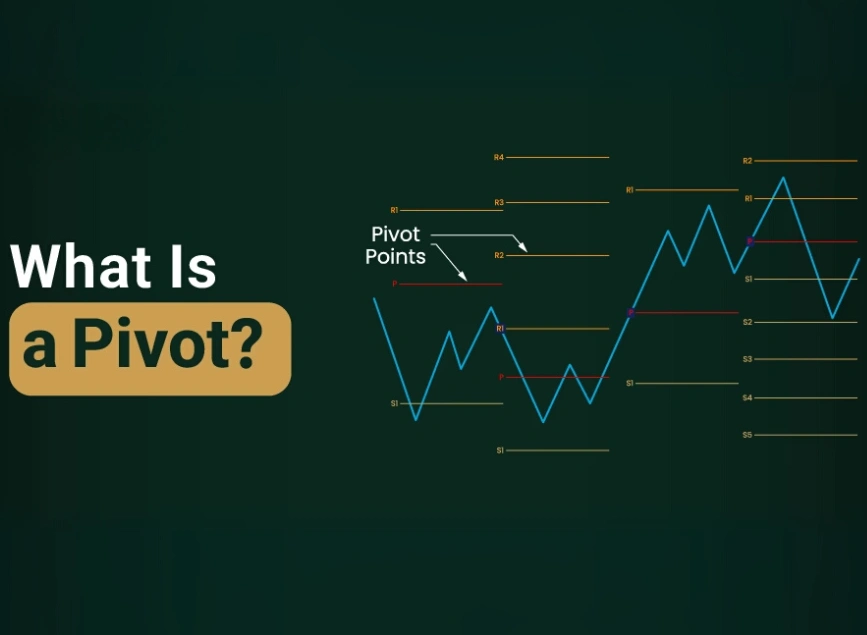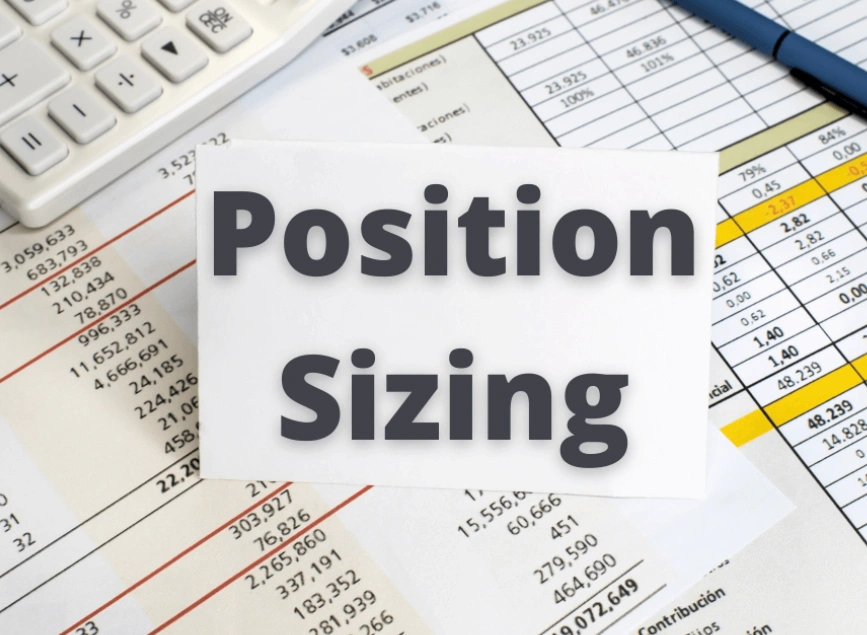
What Is a Trade War? Causes, Impacts & Smart Investor Strategies
Estimated reading time: 4 minutes
Table of contents
In recent years, trade wars have emerged as one of the most critical economic and geopolitical concerns across the globe. These conflicts don’t just affect the economies of countries involved—they ripple through financial markets, currencies, commodities, and investment strategies. In this article, we’ll dive deep into what a trade war really is, why it happens, how it affects markets, and how savvy investors can navigate such uncertain terrain.
What Is a Trade War?
A trade war occurs when two or more countries impose tariffs, import restrictions, or other trade barriers against each other—often to:
- 🛡️ Protect domestic industries
- ⚖️ Reduce reliance on imports
- 💪 Gain leverage in broader geopolitical disputes
While these moves may offer short-term benefits to local industries, they often escalate into global economic tensions and slow down overall economic growth.
Key Reasons Trade Wars Erupt
Trade wars are typically triggered by a combination of economic, political, and strategic motives. Some of the main causes include:
1️⃣ Trade Imbalances
When one country imports significantly more than it exports to another, it creates a trade deficit.
Example: U.S. trade deficit with China prompted tariffs to narrow the gap.
2️⃣ Domestic Industry Protection
Governments often impose tariffs to protect vital industries like:
- 🏗️ Steel
- 🚗 Automobiles
- 💻 Technology
3️⃣ Geopolitical Tensions
Political or security disputes often spill over into trade.
Case in point: U.S.-China tensions over tech, military, and governance.
4️⃣ Intellectual Property & Tech Transfers
Accusations of forced tech transfers or IP theft can spark retaliatory measures, especially against countries with less transparent legal systems.
Read More: Exploring Alternative Investments: Gold, Crypto & Beyond
Trade Wars & Their Impact on Financial Markets
📊 Stock Market
| Effect | Details |
|---|---|
| 🔻 Falling Indices | Export-heavy sectors may suffer losses. |
| 📈 Short-term Gains | Some domestic industries may benefit from tariff protection. |
💱 Currency Market
| Effect | Details |
|---|---|
| 💹 Volatility | Currencies of involved nations fluctuate unpredictably. |
| 🛡️ Safe-Haven Surge | Currencies like the Japanese Yen (JPY) and Swiss Franc (CHF) often strengthen. |
🛢️ Commodity Market
| Affected Commodities | Impact |
|---|---|
| 🛢️ Oil, 🔩 Metals, 🌽 Agriculture | Prices can soar or drop dramatically due to trade barriers. |
| 🪙 Gold | Often rises as a “safe haven” during economic uncertainty. |
💰 Interest Rates & Monetary Policy
Central banks may adopt expansionary policies to counter trade war effects:
- ⬇️ Lowering interest rates
- 🧾 Buying government bonds (Quantitative Easing)
Investment & Trading Strategies During Trade Wars
Smart investors can minimize risks and uncover new opportunities during trade conflicts. Here’s how:
1. Diversify Your Portfolio
Avoid concentrating on one sector or country involved in a trade war.
2. Allocate to Safe-Haven Assets
Increase exposure to:
- 🪙 Gold
- 💶 Swiss Franc (CHF)
- 💴 Japanese Yen (JPY)
- 🧾 U.S. Treasuries
3. Trade Sensitive Currency Pairs
In Forex, trade high-volatility pairs like:
- USD/JPY
- USD/CHF
- AUD/USD
4. Focus on Trade-Sensitive Commodities
Watch for price movements in:
- 🛢️ Crude Oil
- 🔩 Steel
- 🌽 Soybeans and U.S. agricultural goods
5. Hedge with Options & CFDs
Use derivatives like:
- ✅ Options
- ✅ Contracts for Difference (CFDs)
…to offset potential portfolio losses.
6. Monitor Global Trade News
Stay updated with:
- 🌐 Trade negotiations
- 📣 Policy announcements
- 📆 International summits
A Brief History of Trade Wars
| Year | Conflict | Key Notes |
|---|---|---|
| 1653 | 🇬🇧 UK vs 🇳🇱 Netherlands | First Anglo-Dutch war over trade routes. |
| 1930 | 🇺🇸 Smoot-Hawley Tariff | Raised U.S. tariffs, triggering global retaliation and worsening the Great Depression. |
| 1960s | 🍗 Chicken War | U.S. imposed truck tariffs in response to Europe’s chicken tariffs. Still impacts auto trade today. |
| 1980s | 🇺🇸 vs 🇯🇵 Japan | Tariffs and export restraints reshaped global auto manufacturing. |
| 2018–2020 | 🇺🇸 vs 🇨🇳 China | Tariffs on $550B+ in goods; IP theft and tech transfer at core of dispute. |
| 2025 | Current Wave | U.S. tariffs at 34–40%; China restricts rare-earth exports; EU growth slowing. |
Pros & Cons of Trade Wars
✅ Potential Benefits
- Boosts local production & jobs
- Protects strategic industries
- May reduce trade deficits (temporarily)
❌ Major Drawbacks
- Raises production/import costs
- Slows global economic growth
- Increases market volatility
- Raises recession risks if escalated
Global Economic Impact
Trade wars often disrupt global supply chains and affect multinational companies. Key risks include:
- Slower global GDP growth
- Decline in world trade volume
- Reduced foreign investment
- Heightened financial instability
Institutions like the IMF and WTO consistently warn about the long-term damage of prolonged trade conflicts.
Conclusion
Trade wars are no longer rare disruptions, they’re becoming a defining feature of modern global economics. For investors, staying informed, diversified, and prepared is not just a strategy, it’s a necessity.
By understanding the causes, consequences, and market responses, you can build an investment approach that not only survives but thrives during turbulent times.
💡 Tip: Don’t react emotionally—react strategically.
Share
Hot topics

Best broker for gold trading
There’s always been a certain magic about gold. Before online charts and trading applications, people stored their wealth in coins and bars, trusting that gold would retain its value during...
Read more




Submit comment
Your email address will not be published. Required fields are marked *